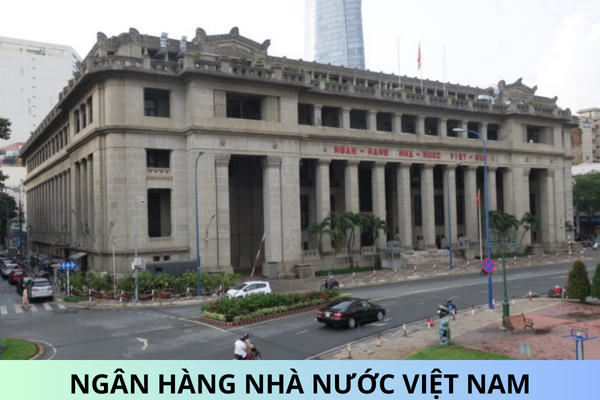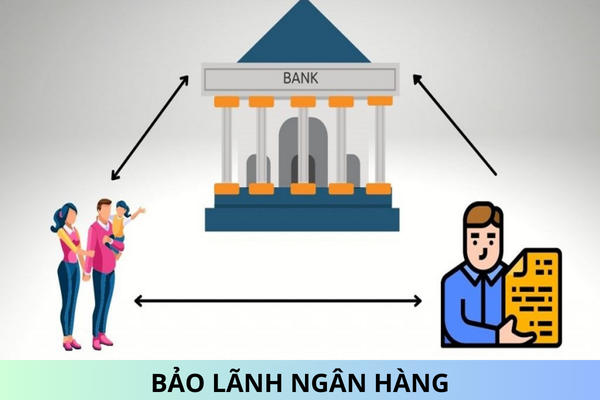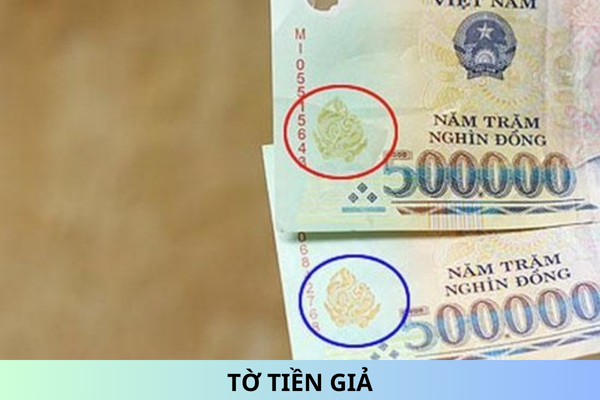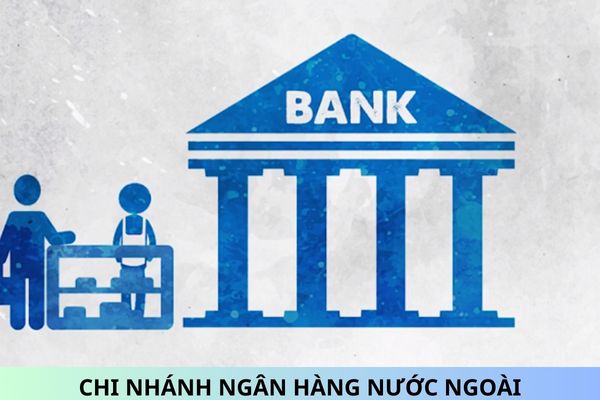Circular 18/2024/TT-NHNN stipulating regulations on banking card activities
What are the duties and powers of the State Bank of Vietnam?
Pursuant to Article 4 of the Law on the State Bank of Vietnam 2010, the duties and powers of the State Bank include:
- The activities of the State Bank aim to stabilize the value of the currency; ensure the safety of banking operations and the system of credit institutions; ensure the safety and efficiency of the national payment system; contribute to promoting socio-economic development in accordance with socialist orientation.
- Participate in formulating the country's socio-economic development strategies and plans.
- Develop a strategy for the development of the banking sector, submit it to competent state agencies for approval, and organize implementation.
- Issuing or submitting to competent state agencies for the issuance of legal documents on currency and banking; propagating, disseminating, and inspecting in accordance with the law's authority the legal documents on currency and banking.
- Develop annual inflation targets for the Government to present to the National Assembly for decision and organization of implementation.
- Organize, operate, and develop the money market.
- Establish a system for statistical reporting and forecasting regarding currency and banking; disclose information about currency and banking as per legal regulations.
- Organize printing, minting, storage, and transportation of paper money and coins; perform the issuance, withdrawal, replacement, and destruction of paper money and coins.
- Grant, modify, supplement, and revoke licenses for the establishment and operation of credit institutions, foreign bank branches, representative offices of foreign credit institutions, and other foreign organizations conducting banking activities;
Issue and revoke licenses for providing intermediary payment services to non-banking organizations;
Issue and revoke licenses for providing credit information services to organizations;
Approve the purchase, sale, division, separation, consolidation, merger, and dissolution of credit institutions in accordance with the law.
- Represent the State’s ownership in enterprises performing the State Bank’s functions, and credit institutions with state capital in accordance with the law; use statutory capital to contribute to the establishment of special enterprises to perform the State Bank’s functions as decided by the Prime Minister.
- Inspect, examine, and supervise banks; handle violations of the law on currency and banking as per legal regulations.
- Decide on the application of special remedial measures for credit institutions that seriously violate the law on currency and banking, face financial difficulties, and pose risks to the safety of the banking system, including buying shares of credit institutions; suspend or dismiss executives of credit institutions; decide on the consolidation, merger, and dissolution of credit institutions; place credit institutions under special control; perform duties and powers in accordance with the law on bankruptcy of credit institutions.
- Lead and cooperate with relevant agencies to develop policies, plans, and organize the implementation of anti-money laundering measures.
- Implement state management of deposit insurance as per the law on deposit insurance.
- Lead the preparation, monitoring, forecasting, and analysis of the execution results of the international balance of payments.
- Organize, manage, and supervise the national payment system, provide payment services for banks; participate in organizing and supervising the operation of payment systems in the economy.
- Manage state foreign exchange reserves, foreign exchange activities, and gold trading activities.
- Manage the borrowing, repayment, lending, and recovery of foreign debts as per legal regulations.
- Lead and cooperate with relevant agencies to prepare content, conduct negotiations, and conclude international agreements with international financial and monetary organizations where the State Bank serves as the representative, and is the official representative borrower per assignment or authorization by the President or the Government.
- Organize the implementation of international cooperation on currency and banking.
- Represent the Socialist Republic of Vietnam in international monetary and banking organizations.
- Establish a credit information system and provide credit information services; perform state management functions over organizations conducting credit information activities.
- Act as an agent and provide banking services for the State Treasury.
- Collaborate with the Ministry of Finance on the issuance of government bonds, government-guaranteed bonds.
- Organize training, professional development on currency and banking; research and apply banking science and technology.
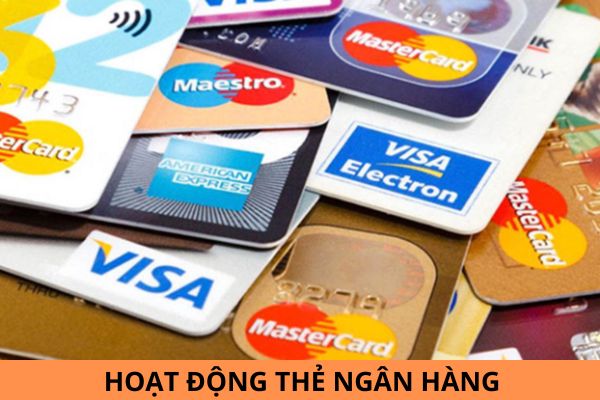
Circular 18/2024/TT-NHNN on the regulation of bank card activities (Image from the Internet)
What are the regulations on bank card activities according to Circular 18/2024/TT-NHNN?
On June 28, 2024, the Governor of the State Bank of Vietnam issued Circular 18/2024/TT-NHNN regulating bank card activities.
Circular 18/2024/TT-NHNN applies to the following subjects:
- Card issuing organizations.
- Card payment organizations.
- Organizations providing intermediary payment services.
- Merchant units accepting cards.
- Cardholders.
- Other organizations and individuals involved in card activities.
Circular 18/2024/TT-NHNN officially takes effect from July 1, 2024.
How is a bank card defined? What currency is used in bank card transactions?
According to Clause 1, Article 3 of Circular 18/2024/TT-NHNN, the terms are defined as follows:
Definition of Terms
In this Circular, the terms below are defined as follows:
A bank card is a payment instrument issued by a card issuing organization to conduct card transactions under conditions and terms agreed upon by the parties involved.
Debit card is a card that allows the holder to conduct card transactions within the balance and overdraft limit (if any) on the payment account opened at the card issuing organization.
Credit card is a card that allows the holder to conduct card transactions within the credit limit granted per the agreement with the card issuing organization.
....
A bank card is a payment instrument issued by a card issuing organization for conducting card transactions under agreed-upon conditions and terms.
Additionally, according to Article 4 of Circular 18/2024/TT-NHNN, the currency used in bank card transactions is regulated as follows:
Currency Used in Card Transactions
- Within the territory of Vietnam:
a) Cash withdrawal transactions using cards must be conducted in Vietnamese Dong (VND);
b) For other card transactions:
(i) The transaction currency is Vietnamese Dong (VND). In cases where foreign exchange can be used according to foreign exchange management laws, the transaction currency can be Vietnamese Dong (VND) or both Vietnamese Dong (VND) and foreign currency;
(ii) The payment currency is Vietnamese Dong (VND). Merchant units are only allowed to receive payments in Vietnamese Dong (VND) from intermediary payment service providers;
c) When conversion from foreign currency to Vietnamese Dong (VND) is required, the exchange rate between Vietnamese Dong (VND) and foreign currency follows the rate agreed upon by the parties in accordance with regulations from the State Bank.
- Outside the territory of Vietnam:
For card transactions conducted outside the territory of Vietnam, cardholders must make payments to the card issuing organization in Vietnamese Dong (VND) at the exchange rate agreed upon by the parties in accordance with regulations from the State Bank.
Thus, the currency used in bank card transactions is as follows:
First: Within the territory of Vietnam:
- Cash withdrawal transactions using cards must be conducted in Vietnamese Dong (VND);
- For other card transactions:
- The transaction currency is Vietnamese Dong (VND). In cases where foreign exchange can be used according to foreign exchange management laws, the transaction currency can be Vietnamese Dong (VND) or both Vietnamese Dong (VND) and foreign currency;
- The payment currency is Vietnamese Dong (VND). Merchant units are only allowed to receive payments in Vietnamese Dong (VND) from intermediary payment service providers;
- When conversion from foreign currency to Vietnamese Dong (VND) is required, the exchange rate between Vietnamese Dong (VND) and foreign currency follows the rate agreed upon by the parties in accordance with regulations from the State Bank.
Second: Outside the territory of Vietnam:
For card transactions conducted outside the territory of Vietnam, cardholders must make payments to the card issuing organization in Vietnamese Dong (VND) at the exchange rate agreed upon by the parties in accordance with regulations from the State Bank.
Which entities are authorized to issue bank cards?
According to Article 8 of Circular 18/2024/TT-NHNN, the entities authorized to issue bank cards include:
Card Issuing Organizations
- Card issuing organizations include:
a) Commercial banks, cooperative banks, and foreign bank branches authorized to issue cards when card-related services are specified in the License issued by the State Bank;
b) Policy banks issue cards according to regulations from the Government and this Circular;
c) General finance companies and consumer credit finance companies are allowed to issue credit cards when specified in the License issued by the State Bank.
Card issuing organizations must comply with basic standards for domestic chip cards when issuing cards with BIN issued by the State Bank.
Card issuing organizations must establish internal regulations for card issuance and usage to ensure compliance with this Circular and relevant legal regulations.
Card issuing organizations must use BIN issued by the State Bank, except for the cases specified in Clause 5 of this Article.
Card issuing organizations that are authorized to conduct foreign exchange sign agreements with international card organizations (ICOs) to issue cards with BIN issued by ICOs.
Card issuing organizations are not allowed to agree with other entities to restrict or prevent the issuance of co-branded cards.
Thus, the entities authorized to issue bank cards include:
- Commercial banks, cooperative banks, and foreign bank branches authorized to issue cards when card-related services are specified in the License issued by the State Bank;
- Policy banks issue cards according to regulations from the Government;
- General finance companies and consumer credit finance companies are allowed to issue credit cards when specified in the License issued by the State Bank.
